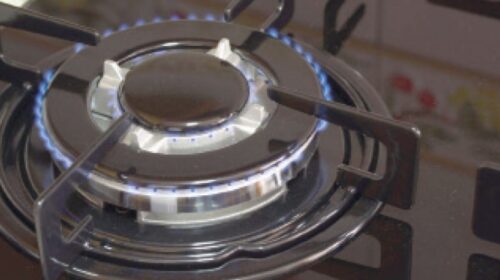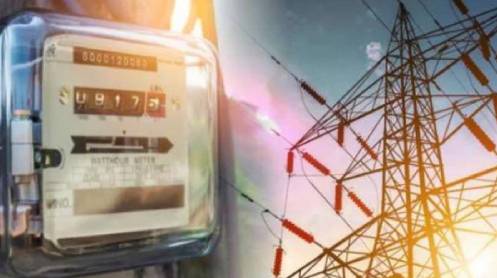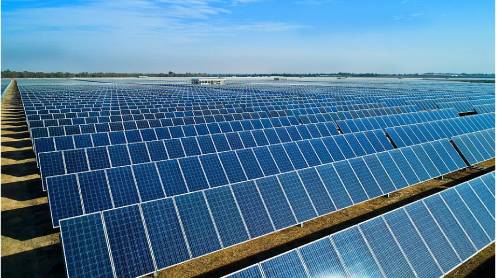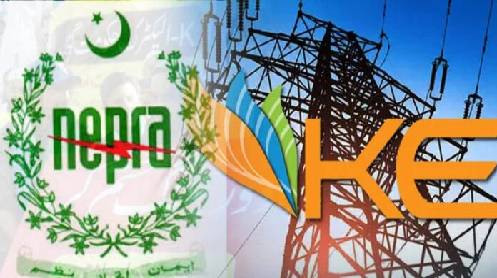Speaking during the question hour, Minister of State for Petroleum Musadik Malik told the house that two new policies aimed at overcoming the problem of gas shortage were almost ready and would be unveiled in a couple of weeks. He said one of these was about reopening the closed wellheads while the other was related to exploration of tight gas.
He, however, made it clear that the results would start accruing in three to four years due to the time-consuming exploration process. He said it would be unwise to give new connections under the prevailing circumstances, adding that the country produced a total of 3,200mmcft of gas, 200 of which was used for extraction and 1,400mmcft went directly from the wells to power and fertiliser sectors.
The minister said the requirement of Sui Northern Gas Pipelines (SNGPL) for domestic consumers in Punjab and Khyber Pakhtunkhwa alone stood at 1,400mmcft against the supply of 680mmcft in December and January. In view of price hike, govt decides not to put additional burden on gas consumers, minister says He also pointed out that gas production was depleting by 8-10pc every year, therefore, ban on new connections was in national interest.
Mr Malik recalled that the ban on new connections had been clamped by the Pakistan Tehreek-i-Insaf (PTI) government which had also amended the Ogra law to bar new connections till the gap between demand and supply was met. He, however, said it was a correct decision and there was no need to revisit it.
On leader of the opposition’s claims that gas tariff had been hiked by 74pc with retrospective effect and the consumers will have to pay additional dues applicable from July 2022, Mr Malik said the Ogra proposal had not been approved.
He said a bigger debate was currently underway on how to move about. Elaborating the dilemma, he said in view of price hike the government for now had decided not to put additional burden on gas consumers, but it meant burdening the exchequer.
He was of the opinion that it would be inevitable to massively increase the tariff at an ‘appropriate time’.
The minister’s remarks came at a time when the 9th review of the International Monetary Fund (IMF) for release of the next tranche of funds to Pakistan has been pending since September 2022.
The country faces a severe economic crisis with its central bank foreign reserves falling to a critical level of less than $4.5 billion. Details of expenses of the Prime Minister’s Office from 2019 to 2021 were presented in the House.
Answering a question, Minister of State for Law Shahadat Awan said during three years a budget of Rs1.17 billion was allocated for the Prime Minister’s Office while the expense remained more than Rs1 billion. The data showed that the expenses of Prime Minister’s Office were Rs315.92 million in 2019-20 which slightly declined to Rs300.45 million in 2020-21.
The maximum expenses of Rs384.53 million were incurred in year 2021-22. PPP Senator Bahramand Tangi said former prime minister Imran Khan talked about coming to office on a bicycle and preached simplicity but travelled by helicopter. The senator said according to data, Imran Khan spent Rs1 billion as the prime minister in three years.





